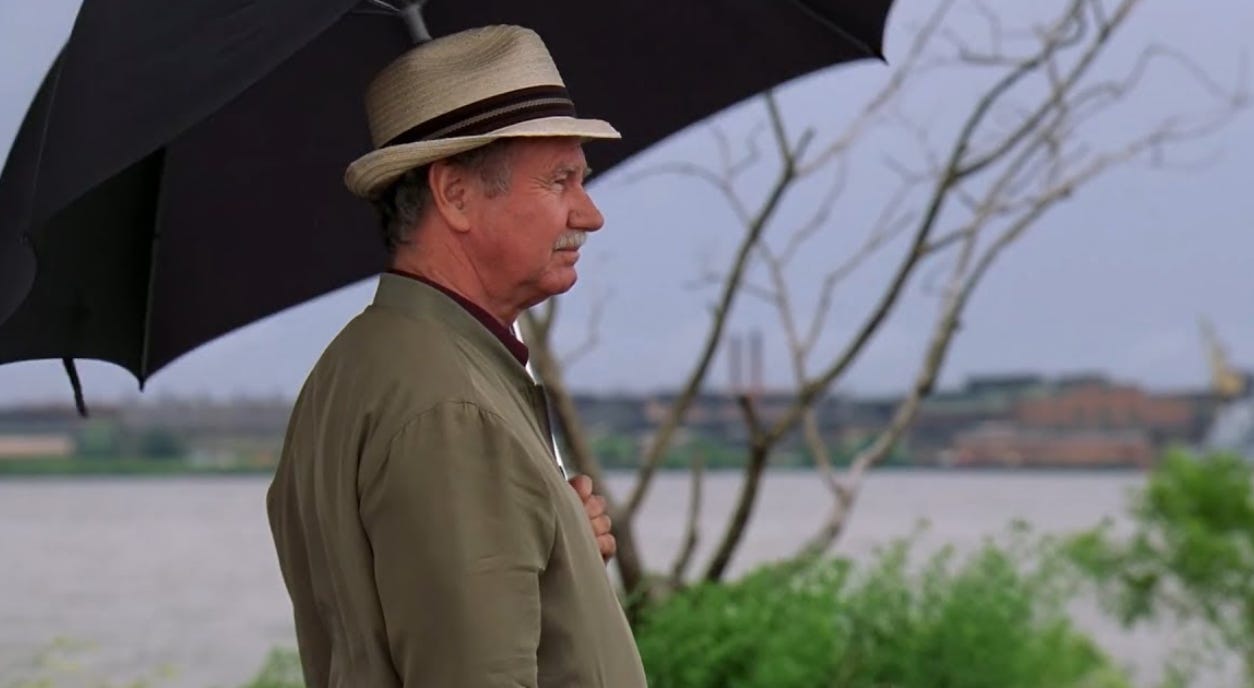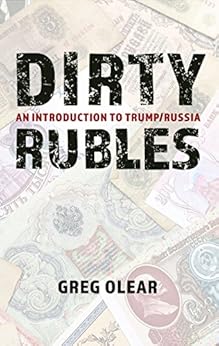IN THE EARLY 1980s it was decided—by whom, and for what ultimate purpose, we can’t say for sure—that Donald John Trump would build a casino complex in Atlantic City, New Jersey—probably the most mobbed-up municipality in the state. Dealing with the mafia might have dissuaded some developers from pursuing a Boardwalk Empire, but not Trump. He was uniquely suited to forge ahead.
Donald’s father, the Queens real estate developer Fred Trump, had worked closely with Genovese-associated and -owned construction entities since building the Shore Haven development in 1947, when Donald was still in diapers (the first time around). Fred was an early mob adopter, the underworld equivalent of an investor who bought shares of Coca-Cola stock in 1919. The timelines is important to remember here. Organized crime did not exist in any meaningful way in the United States until Prohibition. Born in 1905, Fred Trump was just two years younger than Meyer Lansky, the gangster who more or less invented money laundering. Thus, Donald Trump is second generation mobbed-up.
When Donald first ventured from Queens to the pizzazzier borough of Manhattan in the seventies, he entered into a joint business deal with “Big” Paul Castellano, head of the Gambino syndicate, and Anthony “Fat Tony” Salerno, of the Genovese family he knew well through his father and their mutual lawyer Roy Cohn. As part of this arrangement, Trump agreed to buy concrete from a company operated jointly by the two families—and pay a hefty premium for the privilege. Only then, with double mob approval, could he move forward with the Trump Tower and Trump Plaza projects. (Among Cohn’s other clients at the time was Rupert Murdoch, whom he introduced to Trump in the seventies; you would be hard pressed to find three more atrocious human beings).
Atlantic City is in South Jersey, closer to Philadelphia than New York, so to build “his” casino, Trump needed to play ball with the Philly mob. That meant dealing with Nicodemo “Little Nicky” Scarfo, head of the most powerful mob family in Philadelphia. Land that Trump needed for his casino was owned by Salvie Testa and Frank Narducci, Jr.—hit men for Scarfo, collectively known around town as the Young Executioners (the nickname was not ironic). To help negotiate the deal, Trump hired Patrick McGahn, a Philly-based attorney known to have truck with the Scarfo family.
(The last name should sound familiar; Don McGahn, the former White House Counsel, is Patrick McGahn’s nephew. And Don McGahn is not the only Trump Administration hire with ties to the Philly mob. Among Little Nicky’s associates was one Jimmy “The Brute” DiNatale, whose daughter, Denise Fitzpatrick, is the mother of none other than Kellyanne Conway. A number of wiseguys paid their respects at DiNatale’s 1983 funeral. I don’t want to make the mistake of condemning Conway or Don McGahn for the sins of their relations. But given Trump’s OC background, it’s fair to question why he chose two children of mobbed-up families for his inner White House circle.)
Trump acquired the needed Atlantic City property at twice the market value: $1.1 million for a lot that sold for $195k five years before. But there were legal pratfalls, shady dealings, chicanery with the documents. The New Jersey Gaming Commission was investigating the matter, because casino owners could not, by law, associate with criminals. And most of Trump’s friends were crooks. It looked like Trump was in trouble—not only of losing his gaming license, but of criminal indictment.
And then, something miraculous happened. On 4 November 1986, Scarfo and eleven of his associates were indicted on charges that included loan sharking, extortion and conducting an illegal gambling business in a racketeering conspiracy. Prosecutors had tried for years to take down Little Nicky. And now, after all that time, they finally had their evidence. Not only that, but the investigation into Trump? It went away. Poof—as if it never existed. (more...)


No comments:
Post a Comment